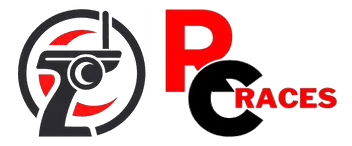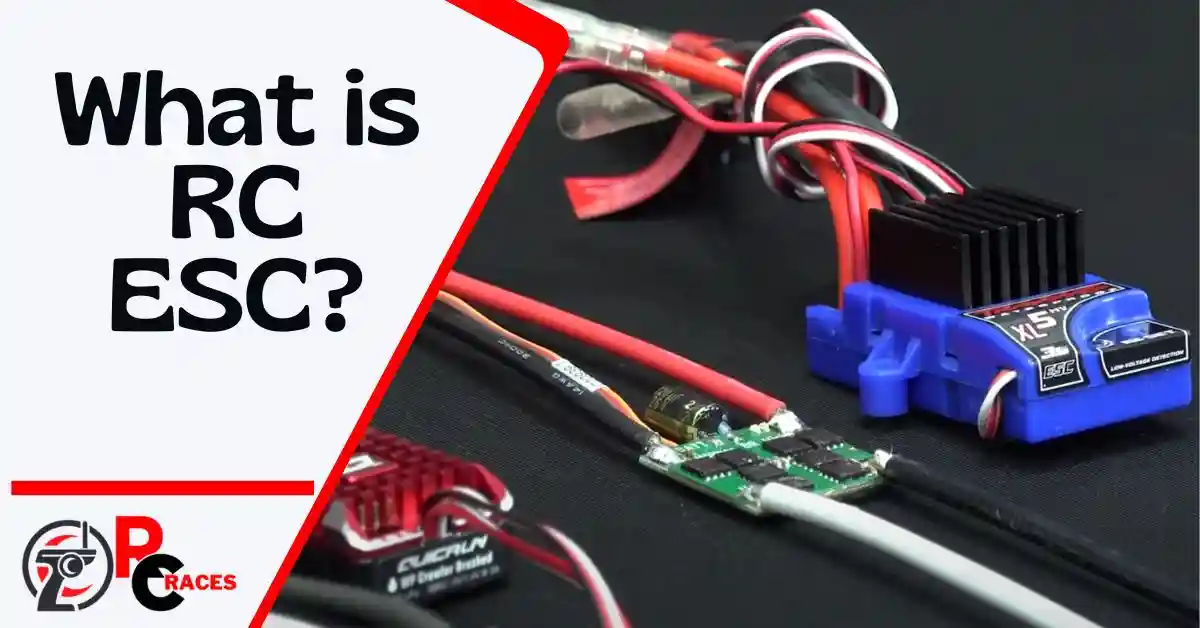As an RC fanatic, you probably have heard ESC hundreds of times. But, the beginner might be interested to know about the device.
An ESC or Electronic Speed Controller is a circuit used to control the speed and direction of the motor of RC cars and other remote controllers. It takes input signals from the transmitter and controls the speed of the motor accordingly.
Programmable ESCs also allow users to customize the speed and braking characteristics of the vehicle. You will find ESCs for both brushed and brushless motors that are either DC or AC.
In this post, we will share some basic information about ESCs you should know as a beginner.
What advantages do ESCs provide?
An ESC has several advantages over traditional motor controllers. Here are some of them:
- It will give a better and more precise experience controlling your RC car’s speed.
- ESCs are energy efficient, which can enhance battery performance.
- Unlike other motor controllers, ESCs are quite easier to program and configure.
- Along with speed controlling, ESCs add other features such as reverse polarity protection and current limiting.
- It protects your car’s motor from electrical malfunctioning and enhances the motor’s lifespan.
How does an RC ESC WORK?
An ESC works based on the PWM (Pulse Width Modulation) method to control the speed of a motor. PWM is able to switch the battery connection to the motor On/Off up to 20,000 times a second.
The ESC installed in your RC car receives a PWM signal and converts it into a balanced electric current to send it to the motor. Thus, it instructs a motor on how fast it needs to spin.
ESCs are connected to radio receivers that adjust the PWM signal and modify the speed of motors accordingly.
Which components are present in an ESC?
An ESC consists of three components. Let’s get introduced to them and their roles.
- BEC/voltage regulator: BEC (Battery Eliminator Circuit) or a voltage regulator is a part of ESC to adjust the voltage from a battery. This component eliminates the voltage from the battery and makes it compatible with the ESC.
- Processor: The processor acts like a brain in an ESC and controls the speed of a motor. It is programmed based on users’ requirements, such as better speed, acceleration, and direction of the motor.
- Field Effect Transistor: FET (Field Effect Transistor) is a specialized transistor in an ESC. This component is used for switching circuits to change the speed of a motor based on a reference signal.
What are the types of RC ESC?
The ESC for RC has two variations based on the two types of motors. They are:
- Brushed motor ESC: These ESCs are designed to control the speed of brushed DC motors. Brushed ESCs are easy to use because there is no special configuration except for switching the voltage On and Off.
- Brushless motor ESC: This ESC is designed to control the brushless motor’s speed. It triggers the MOSFETs (Metal Oxide Semiconductor Field Effect Transistor) and creates a rotating magnetic field.
What are the differences between an ESC and a Motor Driver?
ESC and Motor Drivers are very similar devices since they are used as the speed controller of RC cars. But, both devices have many subtle differences. Check out the comparison table to explore them.
| Electronic Speed Controller | Motor Driver |
| ESC is designed particularly for controlling speed. | The motor driver is used for controlling speed and other applications. |
| It has a more accurate speed-controlling system. | Its speed-controlling function is less accurate than ESC. |
| ESC works based on PWM (Pulse Width Modulation) signals. | Motor Driver works by controlling the electrical energy. |
| The mechanism of ESC is complex but precise. | Motor Driver has a simple mechanism, though it is comparatively imprecise. |
Why do you need particular ESCs for specific motors?
When choosing an ESC for an RC car, the common question that comes to mind is – will any ESC work with any motor? The answer is no.
You will need recommended ESCs for different motors. Here are a few reasons behind this limitation:
- Most ESCs come with specific current or ampere ratings. If you connect an ESC to a motor that pulls more current than its capacity, your ESC can overhear or be damaged.
- Similar to the current rating, you should notice the voltage rating of an ESC, which indicates the maximum voltage it can handle. You must avoid connecting an ESC to a higher voltage LiPo battery unless you want to damage it.
- Each ESC has a particular firmware and is supported by a specific protocol. Before choosing one, make sure the ESC has your required firmware. Otherwise, it will be a useless circuit.
- Nowadays, ESCs are available both with or without BEC. You must have a good idea about your RC motor to choose the ideal one.
- Like a computer operating system, ESC protocols specify the communication speed between the ESC and controller. So, don’t forget to check out which will suit your RC.
- There are divergences in the “bit” of ESC processors. Therefore, make sure the “bit” is compatible with the firmware.
FAQs
- What signal does an ESC need?
An ESC requires a pulse width signal, also called PWM. This signal guides the ESC on what speed to spin the motor.
- How much voltage does an ESC need?
On average, an ESC will necessitate between 11.1V to 33.6 V. However, the exact voltage for an ESC will depend on the brand and model.
- Can you drive an RC car without an ESC?
The answer is no. Though your RC can run without an ESC, you will have no control over it. So, a practice like this is not recommended.
Final words
Finally, it makes sense that an ESC works like a brain for your RC car. Using one is the only way to manage your car’s speed and directions and prevent possible accidents. So, you must choose an ESC carefully that suits your RC car the best. If you don’t have sound knowledge of electrical devices, it would be wise to ask a professional for a better recommendation.



